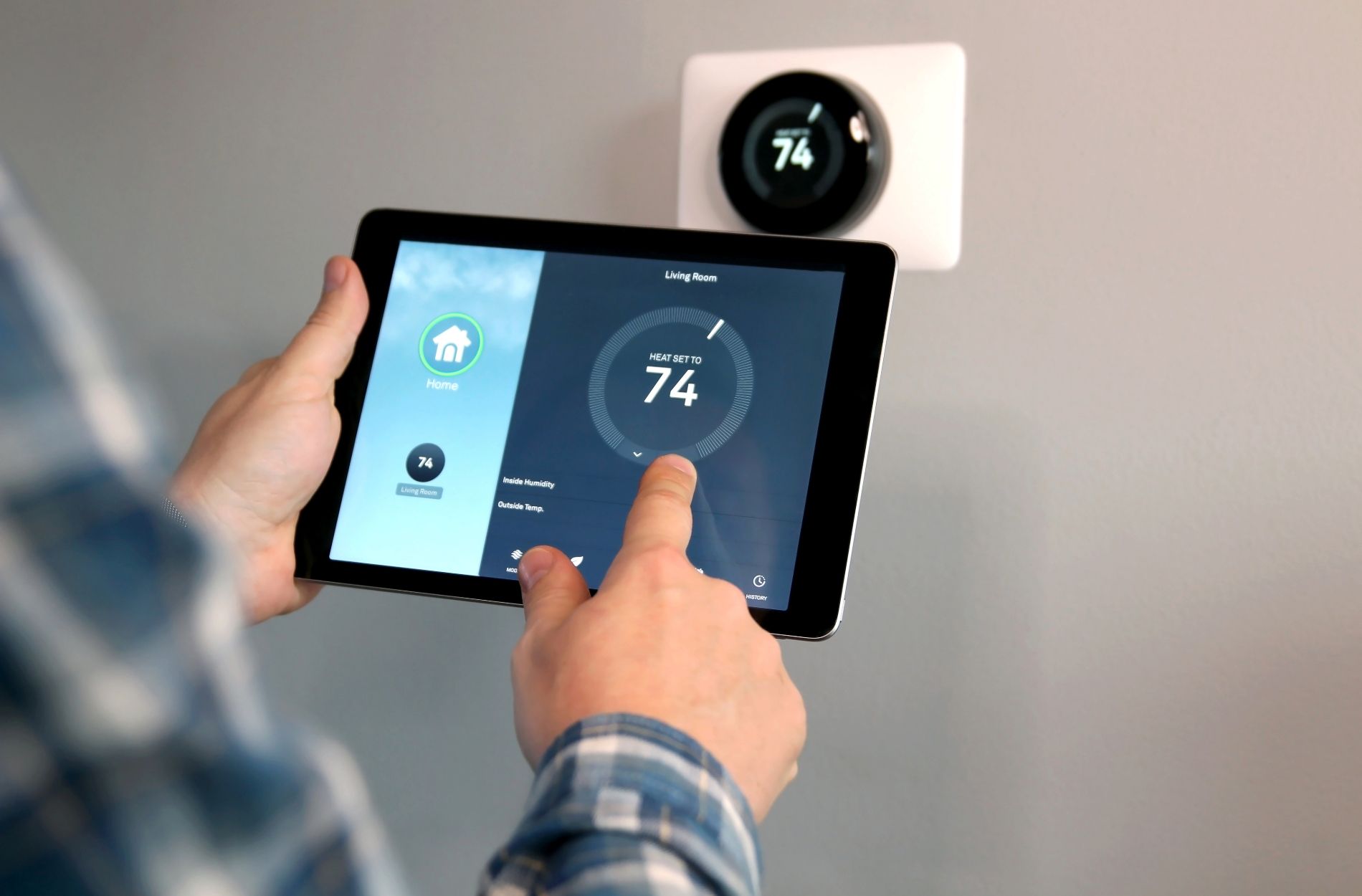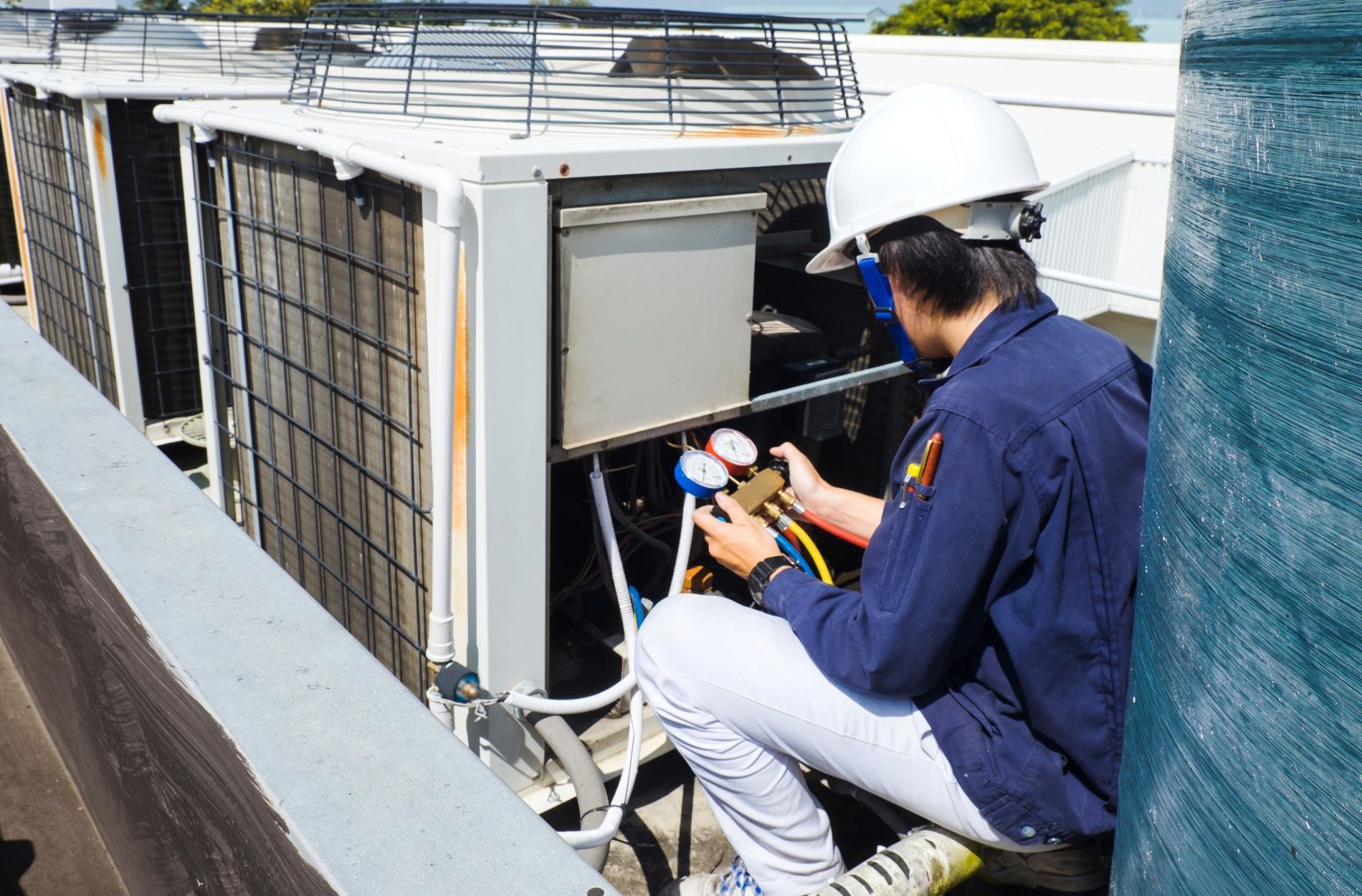A Beginner's Guide to Understanding HVAC Air Filters
Understanding HVAC air filters is crucial for maintaining a comfortable and healthy home environment. These filters may seem like small, simple components, but they play a big role in how well your heating and cooling system works. They help keep the air in your home clean by trapping dust, pollen, and other particles.
Without a good air filter, these particles can build up in your system and reduce its efficiency. In this guide, we'll walk you through everything you need to know about HVAC air filters, from the different types to how to maintain them properly.
What Are HVAC Air Filters and Why Are They Important?
HVAC air filters are essential components of your heating, ventilation, and air conditioning system. These filters are made from materials like fiberglass, paper, or cloth. Their primary job is to trap airborne particles such as dust, pollen, pet dander, and other contaminants. This helps to keep the air inside your home clean and breathable.
The importance of air filters goes beyond just clean air. Air filters play a critical role in maintaining the overall performance and efficiency of your HVAC system. When your air filter is clean, air flows more freely through the system, making it easier for the unit to heat or cool your home. This improves your system's efficiency and can lower your energy bills. A dirty or clogged filter, on the other hand, forces your HVAC system to work harder, which can lead to increased energy consumption and higher utility bills.
Moreover, clean air filters enhance indoor air quality. They help to remove allergens and pollutants from the air, making your home healthier, especially for those with allergies or respiratory issues.
Different Types of HVAC Air Filters
There are several types of HVAC air filters available, each with its own set of advantages and disadvantages. Here are the most common types you'll come across:
1. Fiberglass Filters: These are the most basic and affordable type of air filters. They consist of a thin layer of fiberglass and are effective at trapping larger particles like dust and lint. However, they don't catch smaller particles and need to be replaced more frequently.
2. Pleated Filters: Made from a dense material, pleated filters can trap smaller particles such as pollen and pet dander. They have a larger surface area due to their pleated design, which also means they last longer than fiberglass filters. On the downside, they are slightly more expensive.
3. HEPA Filters: High-Efficiency Particulate Air (HEPA) filters are the top choice for removing tiny particles, including bacteria and viruses. These filters are highly effective and are often used in homes with people who have severe allergies or health issues. However, they can be more expensive and may require a stronger HVAC system to handle the reduced airflow.
4. Electrostatic Filters: These filters use static electricity to attract and capture particles. They are available in both disposable and washable options. Electrostatic filters are great for trapping particles of all sizes and can be cost-effective in the long run if washable options are used. Yet, they may not be as effective as HEPA filters for very small particles.
Each type of filter has different capabilities and costs, so it's important to choose one that fits your specific needs and budget. Understanding the pros and cons of each filter type can help you make an informed decision.
How to Choose the Right Air Filter for Your Home
Choosing the right air filter for your home can make a huge difference in both air quality and HVAC efficiency. One of the first things to consider is the specific needs of your household. For instance, if you have allergies, you might want a filter that can trap smaller particles like pollen and pet dander. Households with pets or smokers may benefit from a filter with higher efficiency.
Another important factor is the Minimum Efficiency Reporting Value, or MERV rating, which ranges from 1 to 20. Higher MERV ratings indicate better filtration performance. For most residential settings, a MERV rating between 8 and 13 is usually sufficient. These filters can capture pollen, dust mites, mold spores, and even some bacteria. Filters with very high MERV ratings, such as those above 13, are typically used in hospitals and may restrict airflow in standard home HVAC systems.
Price and maintenance needs are also crucial when choosing an air filter. While HEPA and electrostatic filters offer excellent performance, they can be more expensive initially and may need specialized maintenance. On the other hand, fiberglass and pleated filters are more affordable but may require frequent replacements. Balancing cost, efficiency, and maintenance will help you select the perfect filter for your home.
Maintenance Tips for HVAC Air Filters
Regular maintenance of your HVAC air filters is essential to ensure optimal performance. One of the most important tasks is replacing or cleaning your air filter regularly. For disposable filters like fiberglass or pleated ones, manufacturers usually recommend changing every 1 to 3 months. If you have pets, allergies, or live in a particularly dusty area, you may need to do it more frequently.
Some signs indicate it's time to check your air filter. If you notice your HVAC system is running longer than usual to achieve the desired temperature, it could mean the filter is clogged. Reduced airflow from the vents or a visible layer of dust on the filter are also clear signals that the filter needs attention. Checking your filter monthly can help you catch these signs early.
Here’s a simple step-by-step guide to change an HVAC air filter:
1. Turn Off the HVAC System: Safety first. Make sure the HVAC system is turned off before you begin.
2. Locate the Filter: Find where your filter is located, usually near the return air duct or blower compartment.
3. Remove the Old Filter: Carefully take out the old filter and dispose of it properly if it's disposable.
4. Insert the New Filter: Place the new filter in the same direction as the old one, following any arrows or markings indicating airflow direction.
5. Turn the System Back On: After ensuring the filter is securely in place, turn your HVAC system back on.
Conclusion
HVAC air filters might seem like small parts of your overall system, but their impact is huge. From understanding the different types to choosing the right one and maintaining it properly, air filters play a critical role in the efficiency and air quality of your home. Keeping your air filters clean and choosing the right type can save you money, improve your health, and extend the life of your HVAC system.
When you're ready to improve your home's air quality and HVAC efficiency, look no further than Anytime Heating & Air. Our team of experienced
HVAC contractors is here to help with all your HVAC needs, from selecting the right air filter to performing regular maintenance. Contact us today to schedule your service and keep your home comfortable year-round.


